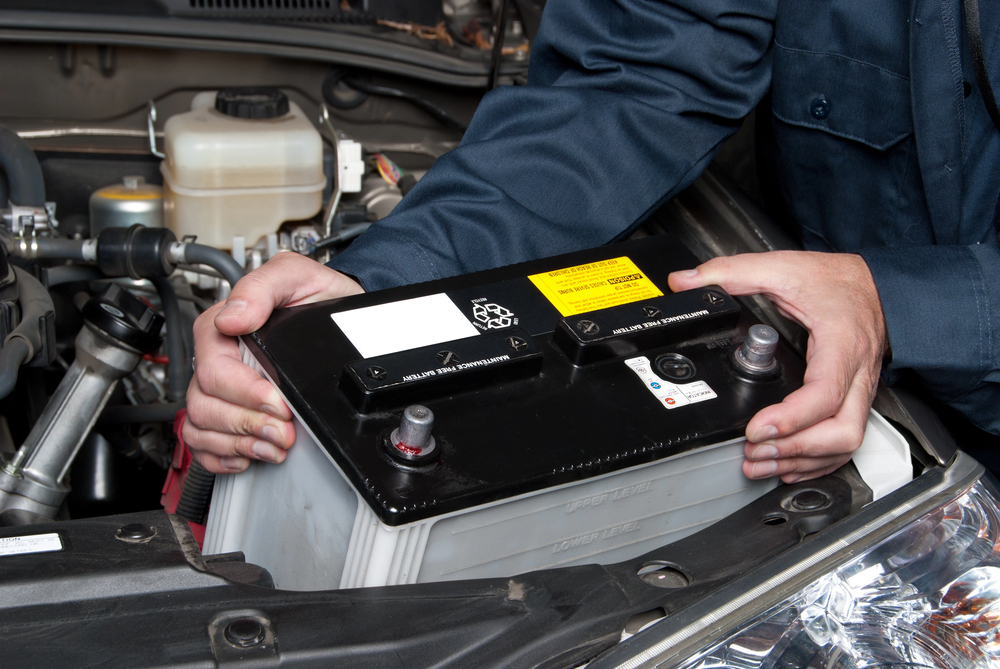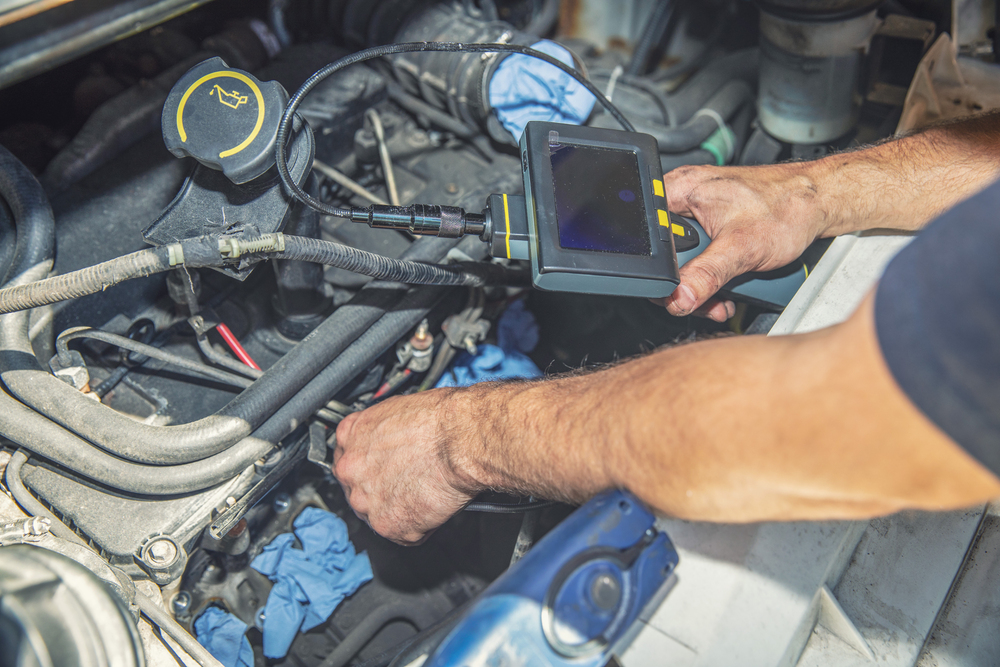
As automakers continue to push the boundaries of performance and efficiency, today’s engines are more advanced and demanding than ever before. One of the most pressing challenges facing modern powertrains is low-speed pre-ignition (LSPI). This phenomenon can potentially cause significant engine damage, particularly in turbocharged gasoline direct-injection (TGDI) engines. With the new ILSAC GF-7 specification, the industry is taking a significant step forward in addressing LSPI and improving engine durability.
What is LSPI?
LSPI is an abnormal combustion event that occurs when pockets of unburned fuel and oil droplets ignite prematurely in the combustion chamber before the spark plug fires. Unlike traditional engine knock, LSPI happens at low engine speeds and high loads, making it especially dangerous in downsized turbocharged engines tuned for maximum efficiency and torque.
An LSPI event can have catastrophic results: excessive pressure spikes, broken pistons, and, ultimately, complete engine failure. Protecting engines from LSPI is a high priority for vehicle manufacturers, oil marketers, and additive companies.
GF-7 and the Aged Oil Sequence IX Test
The GF-7 specification marks a significant advancement in protecting engines from LSPI. While previous standards like GF-6 offered some LSPI protection, GF-7 raises the bar by adding the Aged Oil Sequence IX test.
This new protocol evaluates an oil’s ability to prevent LSPI even after it has degraded through use, better reflecting real-world conditions. As a result, oils meeting the GF-7 specification are expected to deliver more consistent LSPI protection over their service life, an essential factor in maintaining performance and durability in today’s high-efficiency engine designs.
Why It Matters
For auto manufacturers and service professionals, GF-7’s improved LSPI protection isn’t just about engine safety; it’s about maintaining consumer trust in a market increasingly focused on fuel economy and long-term reliability. As more vehicles on the road are powered by small-displacement TGDI (or turbocharged gasoline direct injection) engines, choosing the right oil becomes critical.
Sean Nguyen is a Pennzoil technical scientist and automotive lubricant specialist
Image credit: Depositphotos.com












Leave a Reply